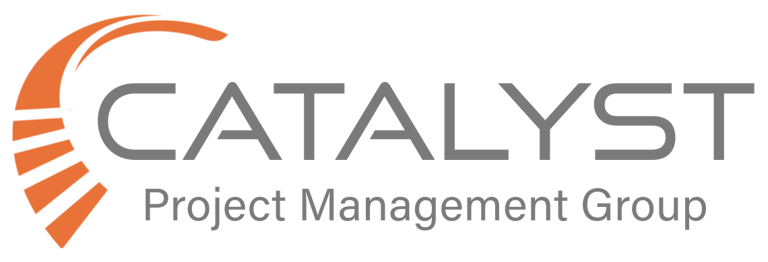How AI Tools Can Help Project Managers Save Time
As a project manager, one of your primary challenges is managing time efficiently. Between juggling deadlines, assigning tasks, and tracking progress, your schedule can quickly fill up. That’s where AI tools come in.
2 min read


Yesterday, I attended a discussion on how AI is changing project management. One comment caught my attention; that AI tools could save project managers’ time. I began to wonder how these tools can be time savers.
As a project manager, one of your primary challenges is managing time efficiently. Between juggling deadlines, assigning tasks, and tracking progress, your schedule can quickly fill up. That’s where AI tools come in. By automating repetitive tasks and providing insightful data analysis, AI helps you reclaim valuable time and focus on more strategic work. Let’s explore how AI tools can save time and consider the pros and cons of using them in project management.
How AI Tools Save Time
AI tools are designed to streamline processes, freeing project managers from routine tasks. Whether it’s automatically sending reminders, updating task statuses, or analyzing project data, AI helps make management smoother and more efficient.
Imagine managing a project with multiple team members and complex deliverables. Instead of manually checking in with team members or updating the project board yourself, an AI tool can handle these tasks automatically. This saves you time, allowing you to focus on problem-solving and high-level planning. AI can also analyze patterns in past projects to predict potential bottlenecks, helping you address issues before they become problems.
Pros and Cons of Using AI in Project Management
Pros:
Time-Saving Automation: One of the biggest benefits of AI tools is their ability to automate repetitive tasks. This can include anything from moving tasks between different stages, sending automated updates, or tracking team progress. By offloading these administrative tasks to AI, project managers can concentrate on more important tasks like planning and decision-making.
Data-Driven Insights: AI tools analyze project data and provide valuable insights into performance, resource allocation, and risks. For example, AI can forecast delays or identify areas where team members are spending too much time, enabling you to adjust timelines and improve efficiency.
Improved Accuracy: AI helps maintain consistency and accuracy in project tracking and reporting. With automated workflows and data analysis, you reduce the risk of human error and ensure that processes run smoothly.
Cons:
Learning Curve: Implementing AI tools can come with a learning curve, especially for teams new to automation. While they ultimately save time, the initial setup and training can be time-consuming. It’s essential to invest the necessary time upfront to understand how these tools work.
Over-reliance on Automation: While AI can handle many routine tasks, it’s important not to rely too heavily on it. Human intuition, creativity, and judgment are still vital for handling unique project challenges. AI can provide data-driven insights, but project managers must interpret and act on that data thoughtfully.
Limited Flexibility: AI tools are great for predictable, repetitive tasks, but they may be less effective in situations requiring creative problem-solving or rapid adjustments. In dynamic projects, automation can feel restrictive, requiring manual intervention when things don’t go as planned.
AI tools offer a powerful solution for project managers looking to save time and improve efficiency. By automating routine tasks and providing valuable data insights, AI allows project managers to focus on what matters most: leading teams and delivering successful projects. While these tools have their challenges, the benefits often outweigh the drawbacks, especially for those willing to invest in learning how to use them effectively.
Catalyst Project Management Group
Your Trusted Partner for Project Management Consulting, Staffing, and Training.
Connect
Stay informed
hello@catalystpmgroup.com
+1 678.699.9139
© 2024. All rights reserved.
